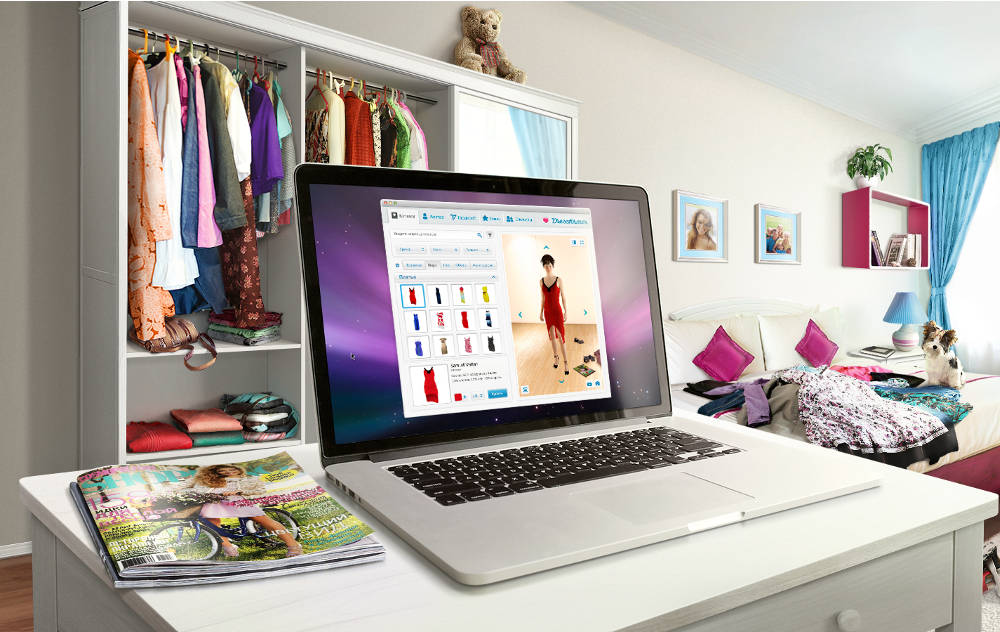[Photograph by Dressformer under Creative Commons]
Costco Wholesale, the US retail giant, recently entered China. And no, it doesn't have a single store.
Instead of investing heavily in brick-and-mortar stores, Costco has chosen to open a virtual storefront on Alibaba's business-to-consumer (B2C) e-commerce website Tmall, which can be best described as an online mall. And unlike in the US, you needn't be a Costco member to buy from its virtual store.
It's not hard to see why Costco has chosen the e-commerce route. China is the world’s second-largest e-commerce market and data from various research agencies predicts that it could soon become the world's largest e-commerce market.
To put things into perspective, let's take a look at how e-commerce has grown in China. In the year 2000, China had virtually nothing in the name of e-commerce. But according to KPMG’s research, in 2015 the total value of e-commerce transactions in China is estimated to touch $540 billion, or 10% of total retail transactions. Further on, "by 2020, China's e-commerce market is forecasted to be larger than those of the US, Britain, Japan, Germany, and France combined." Combine this with the stupendous growth of mobile internet and connectivity, and efforts made by e-commerce companies to expand into tier-three and tier-four cities, and you'll realize that we haven't even scratched the surface yet.
In a country where the internet has drastically reshaped consumer habits in everything from entertainment to socializing, an increasing number of consumers are getting more comfortable with shifting their shopping online. If a recent survey by GroupM is anything to go by, three-quarters of China’s digital buyers prefer to shop online as opposed to in traditional shops.
Already many offline stores are succumbing to the growing trend of 'showrooming', wherein shoppers come to the stores only to see what the product is like and then go home and buy it online. Some like Chinese electronics retailer Suning have shifted a lot of the action online after seeing offline sales fall. As the pace of life quickens in the big cities, even categories like grocery, traditionally the domain of the local supermarket or grocery store, are finding a strong customer base online.
And thus, Costco's China entry strategy makes complete sense. It allows Costco to ride the wave of China's e-commerce boom. At the same time, it also allows the company to test the waters in a country where several American retailers like Home Depot and Best Buy have burnt their fingers. Costco is able to shave off a lot of the costs that come with traditional retail models. After all, rents for commercial space in big cities like Beijing and Shanghai are shooting through the roof. Add to this, the cost of hiring sales staff and training. Without making a big-ticket investment in offline stores, Costco is mitigating a lot of the risk involved.
Without making a big-ticket investment in offline stores, Costco is mitigating a lot of the risk involved.
And of course, it helps to be on an established platform like Tmall which had a transaction volume of $77 billion in 2013. Tmall, which is the biggest online B2C marketplace in China, already has a steady base of customers and a growing stable of popular international brands like Nike, Reebok, Adidas, Gap, Converse, Nine West, Maybelline and Olay. Even high fashion brands like Burberry, L'Occitane and Estee Lauder are finding it imperative to be on Tmall. Costco indirectly benefits from customers who come to Tmall for the other brands and then 'discover' Costco, which is otherwise unknown in China.
Costco indirectly benefits from customers who come to Tmall for the other brands and then 'discover' Costco
Costco is also avoiding the missteps that some big box Western retailers made in China. In 2012, Home Depot shuttered all its big box stores in China, deciding instead to sell goods on JD.com, China's second-largest B2C e-commerce website. In 2011, electronics retailer Best Buy closed all nine of its Best Buy-branded stores and decided instead to focus on Five Star, a domestic Chinese chain it had acquired. And in December 2014 Best Buy finally sold its Chinese business, 184 stores in all, effectively retreating from the market.
Even brands that rely heavily on brick-and-mortar stores are finding value in China's growing e-commerce sector. Fashion brands like Zara, Uniqlo and Gap operate offline retail stores throughout China but have also built a significant presence online either through their own online sites or a store on a site like Tmall, or even both. Tesla, the iconic electric car company, chose to sell the Model S on Tmall on November 11, 2014, or Singles Day, China's annual online shopping festival. It is rumoured, though, that the move didn't go down very well with CEO Elon Musk. Other car companies like BMW and Buick have Tmall stores. Even competition—Amazon China—thought it wise to set up a virtual storefront on Tmall recently to sell things like clothing and home appliances.
Meanwhile, for Costco the bet seems to have paid off for now: within a few days of opening its online store in October 2014, the company claims to have sold over three tonnes of nuts and one tonne of dried cranberries to Chinese consumers! Furthermore, on Singles Day, Costco ratcheted up sales of a whopping $3.5 million in just 24 hours, leaving the company's management shocked.
An online-first approach is a low-risk and high-return strategy, and if for some reason you fail, you don't lose much
While it is too early to say how Costco’s China story will pan out, one thing is clear. For global brands looking to launch in China, an online-first approach may be a good idea. It is a low-risk and high-return strategy, and if for some reason you fail, you don't lose much. And if offline stores are imperative to the kind of business the brand operates in and it needs to provide the 'brand experience' in a physical location, then it must come in with a very strong online-to-offline (O2O) strategy, linking the online business to the offline stores.
[This article appeared concurrently in Mint]

